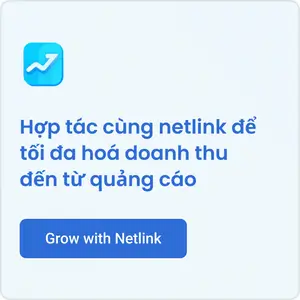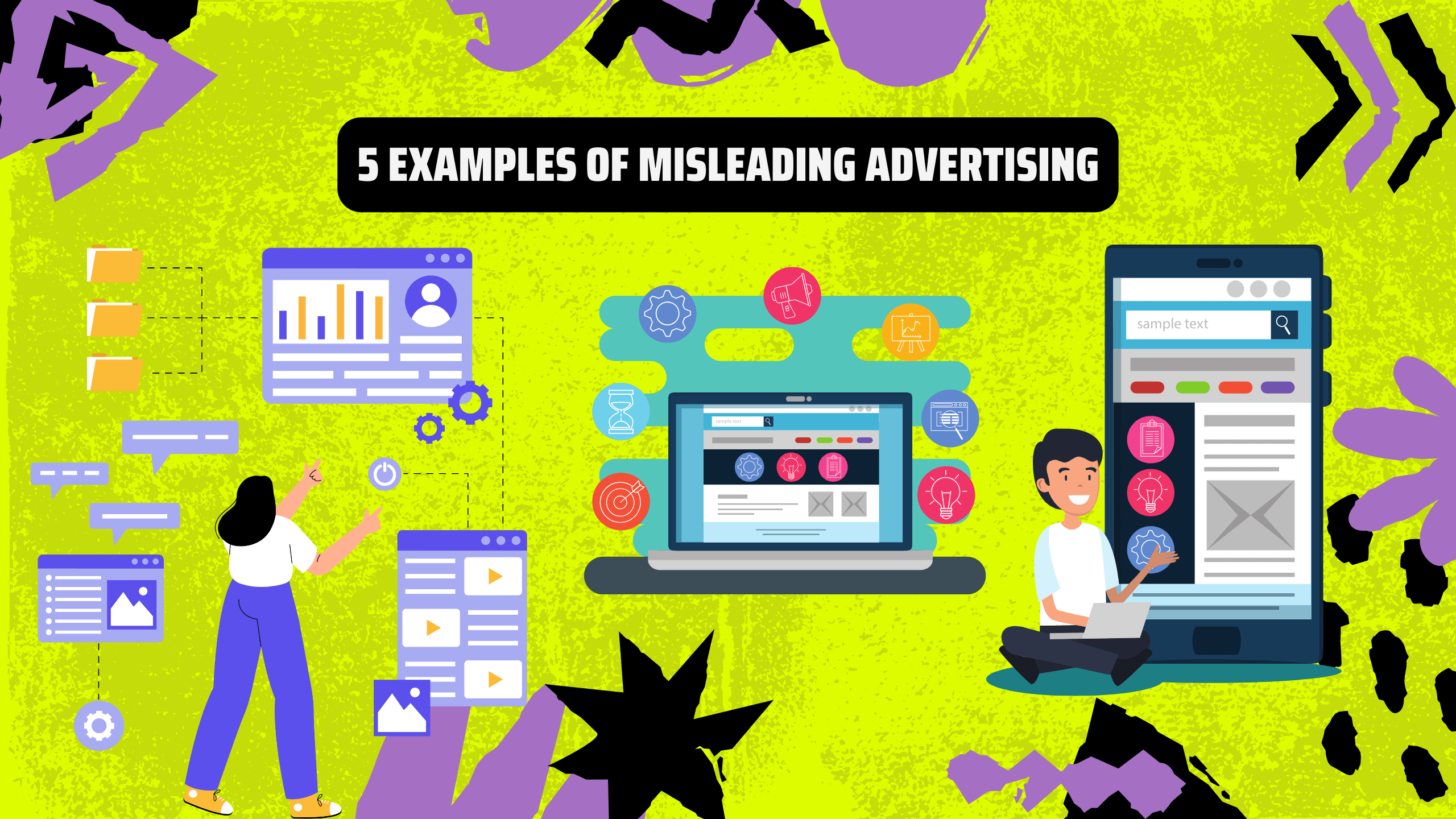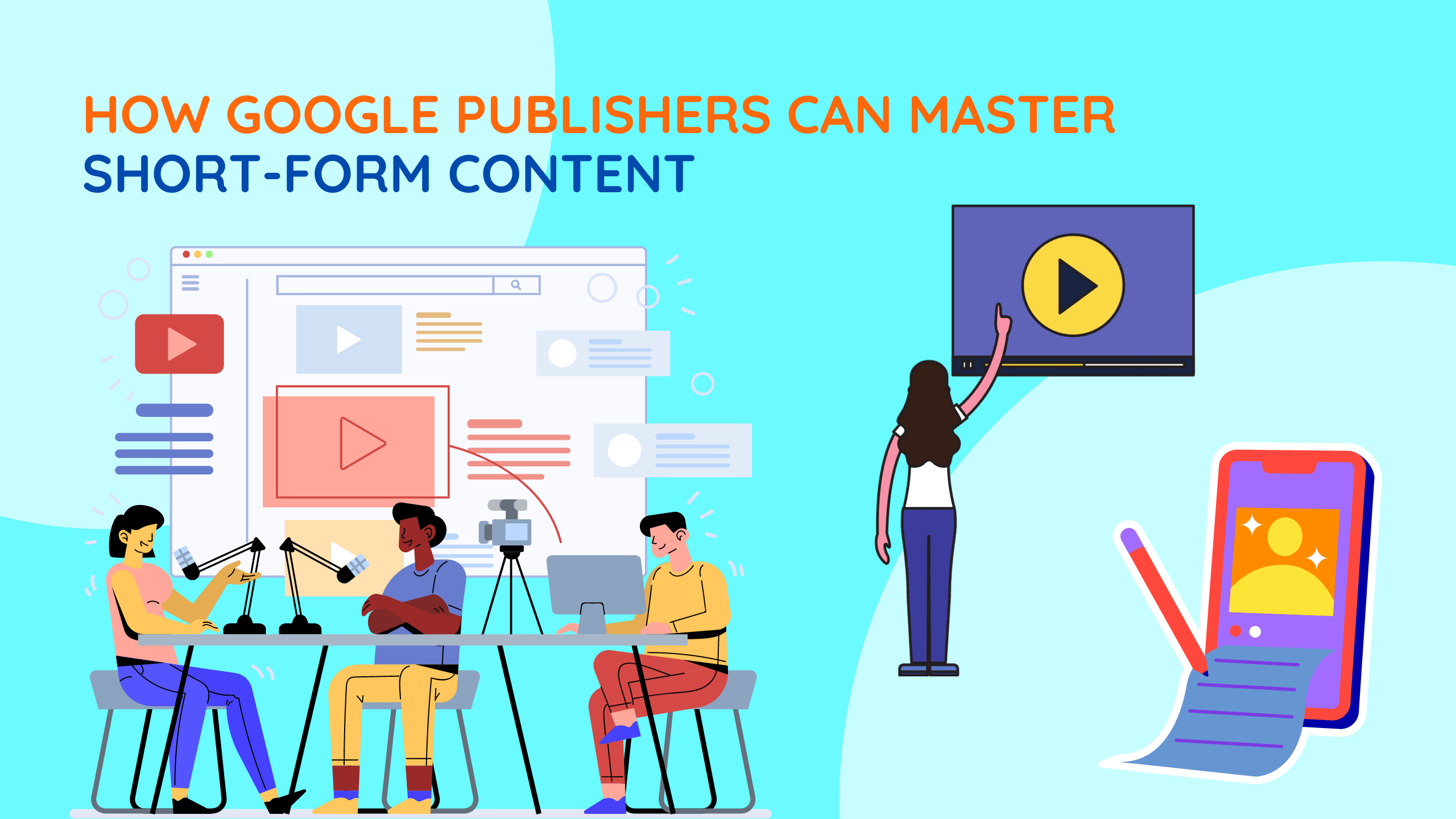Last year, Google announced their intention to cease support for third-party cookies in their Chrome web browser, citing the need to address growing privacy concerns. Many users have expressed the viewpoint that the risks associated with collecting data through third-party cookies outweigh the benefits they receive.

According to a study by the Pew Research Center, they pointed out that: “In fact, 72% of users feel that almost everything they do online is being tracked by advertisers, technology companies, or other companies, and 81% say that the potential risks they face from data collection outweigh the benefits they receive.”
Following that, Google was asked whether they were developing any replacement tracking methods like other players in the advertising technology industry.
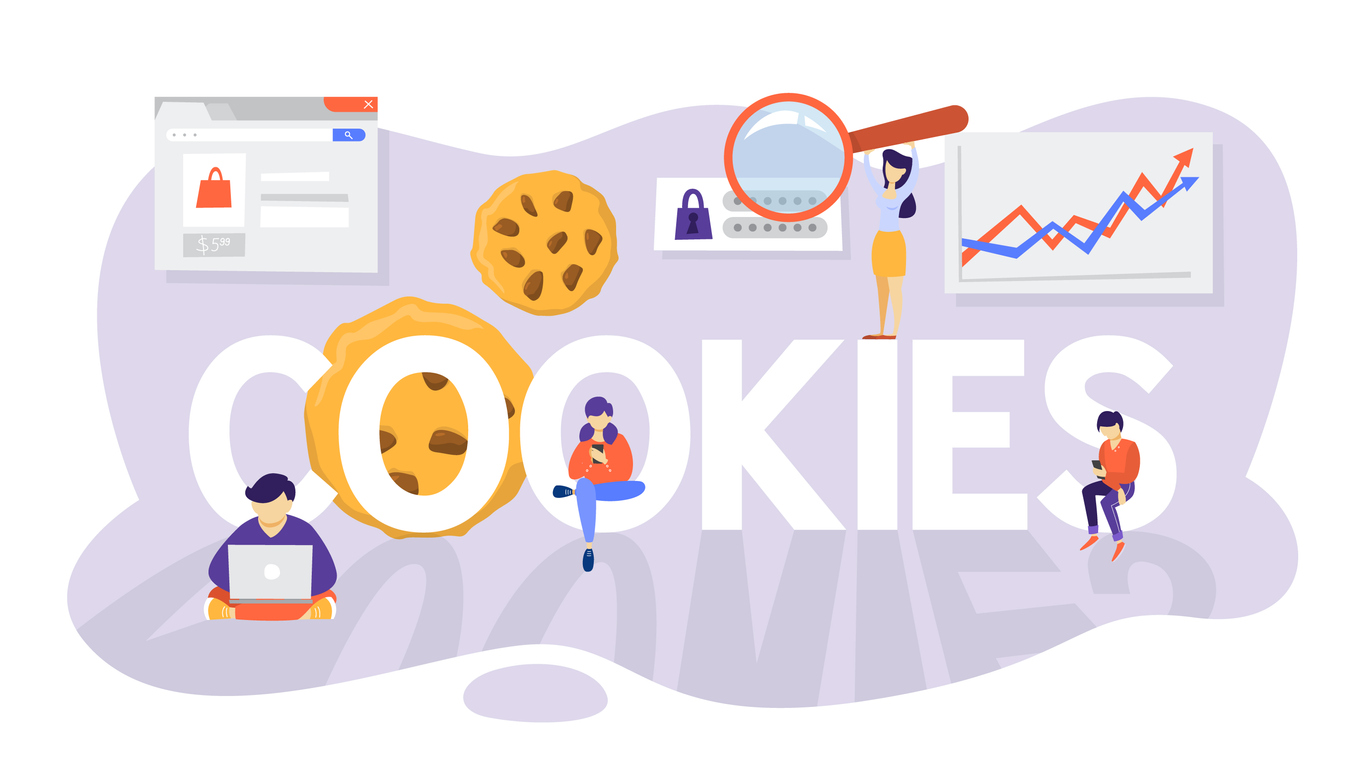
The emphatic answer to these concerns is “no.” As third-party cookies are phased out, Google will not create any exclusive solutions to track users’ online activities in their web browser. While other providers will continue to offer user identification levels for ad tracking, Google is committed to protecting users’ privacy through API measures to prevent individual tracking. User web activity tracking is no longer necessary to achieve results with digital advertising, Google stated:
“People don’t have to accept being tracked on the web to benefit from relevant ads. And advertisers don’t need to track individual consumers on the web to get the benefits of digital advertising performance.”
Replacing individual identification numbers with privacy protection technology
It’s now possible to replace individual identification numbers with a solution that provides results for advertisers through advancements in aggregation, anonymization, and processing on devices.
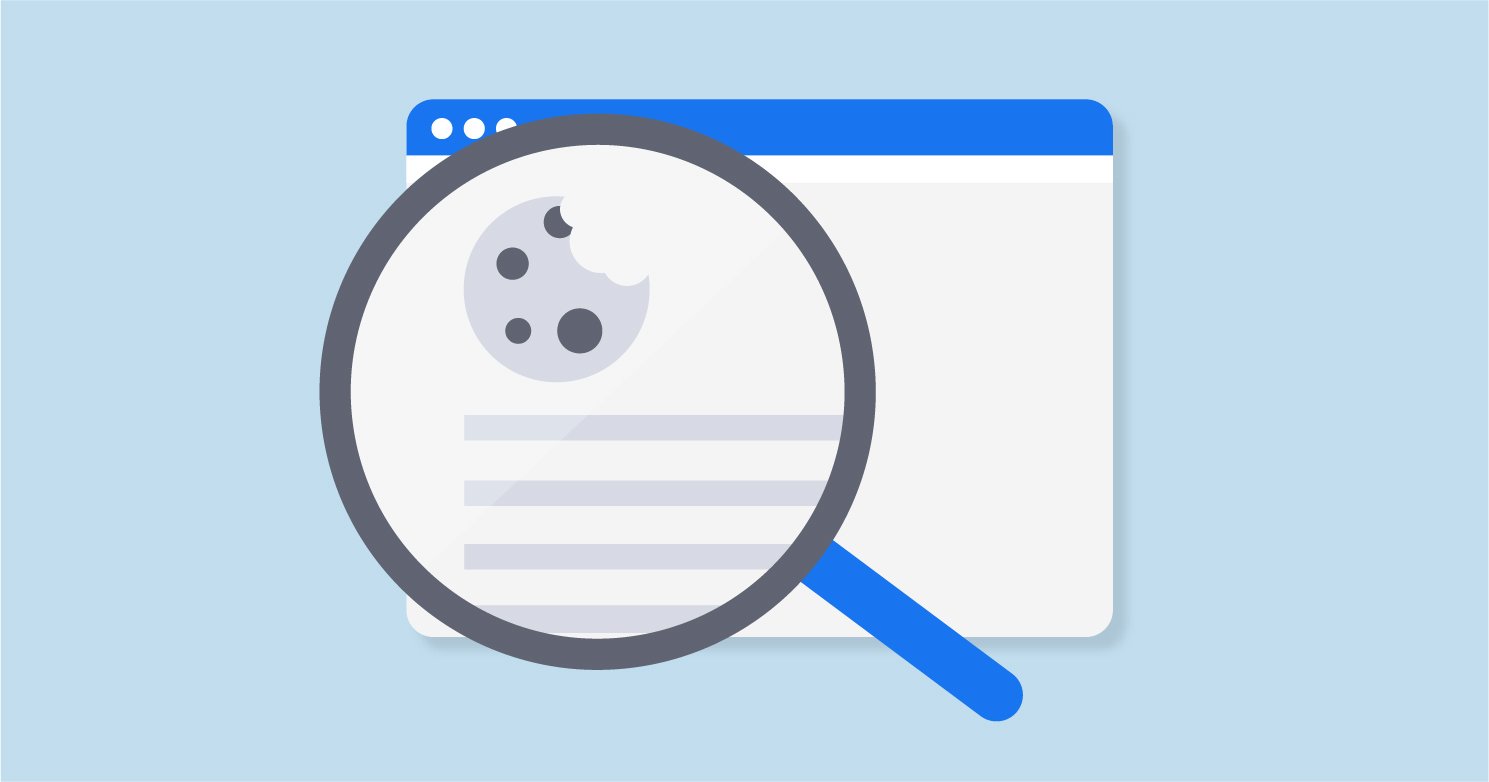
In January, Google announced details of its cookie replacement mechanism called FLoC, which will be tested with advertisers in Google Ads in the coming quarter. Customer groups based on FLoC will also be available for public testing in Chrome with the next release later this month.

In the future, Google commits to supporting first-party relationships on its advertising platform, where advertising partners have direct connections with their customers. Google promises to maintain an open website where individuals can access content (including ads) without compromising their privacy.
For collaboration inquiries, please contact us via email: [email protected].


